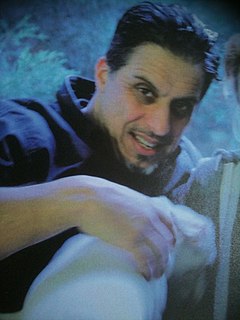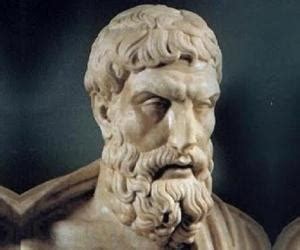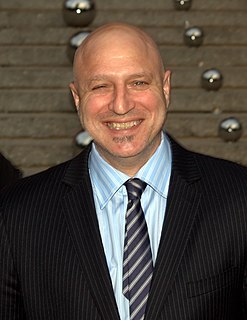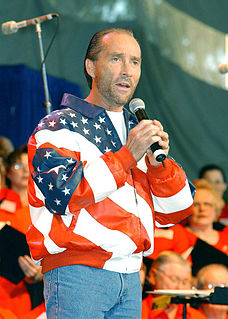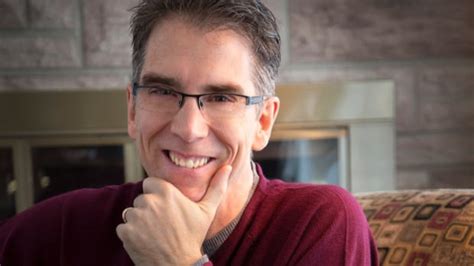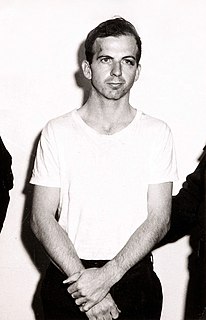A Quote by James Clavell
Changi for me - of course it's easy to be wise after the event, and to discuss it cleverly after the event - was about as near as you can get to being dead and still be alive.
Related Quotes
Surely the memory of an event cannot pass for the event itself. Nor can the anticipation. There is something exceptional, unique, about the present event, which the previous, or the coming do not have. There is livingness about it, an actuality; it stands out as if illumined. There is the "stamp of reality" on the actual, which the past and future do not have.
Death is a solemn event for everyone. It is the winding up of all earthly plans and expectations. It is a separation from all we have loved and lived with. It is often accompanied by much bodily pain and distress. It opens the door to judgement and eternity - to heaven or to hell. It is an event after which there is no change, or space for repentance.
People who supported Obama felt like they formed a relationship, that they were being spoken to. The way that campaign worked and the way he's worked during his first term is to make people feel like he's grasping their hand, whether it's by tweeting or email, moments after an event, sometimes during an event. It makes people relate to him.

